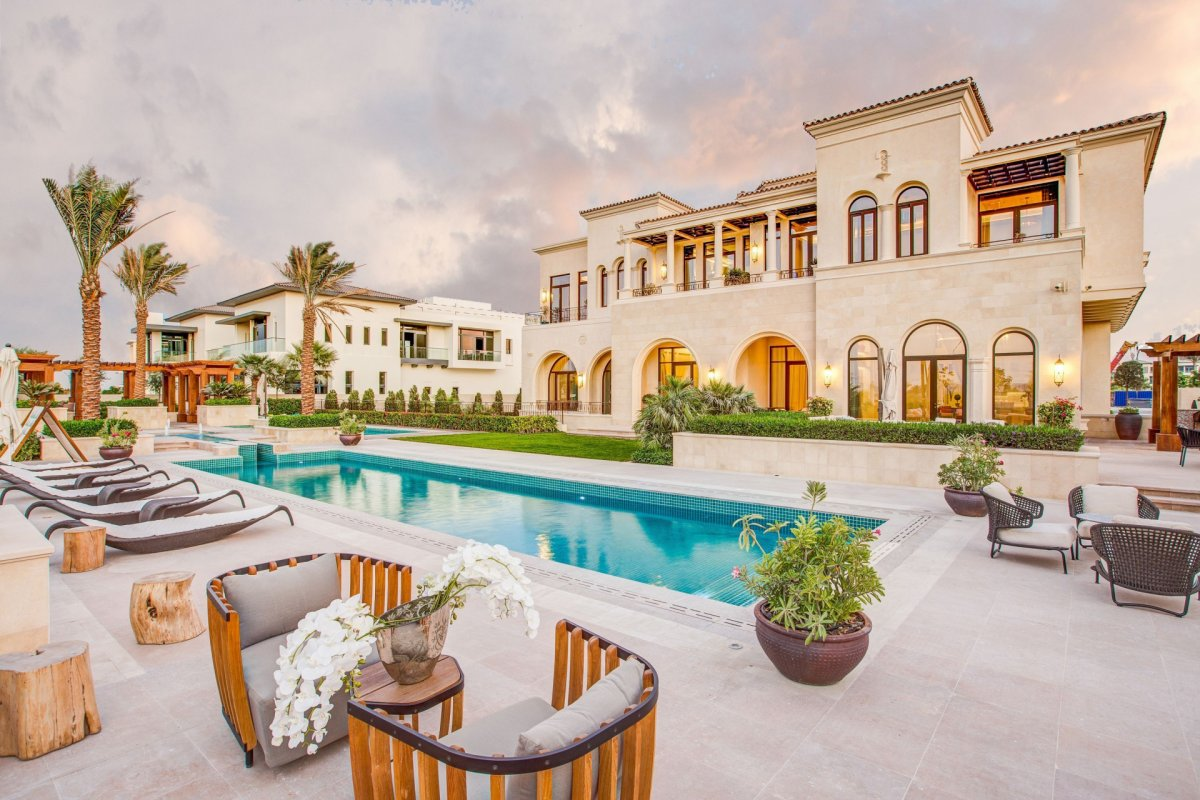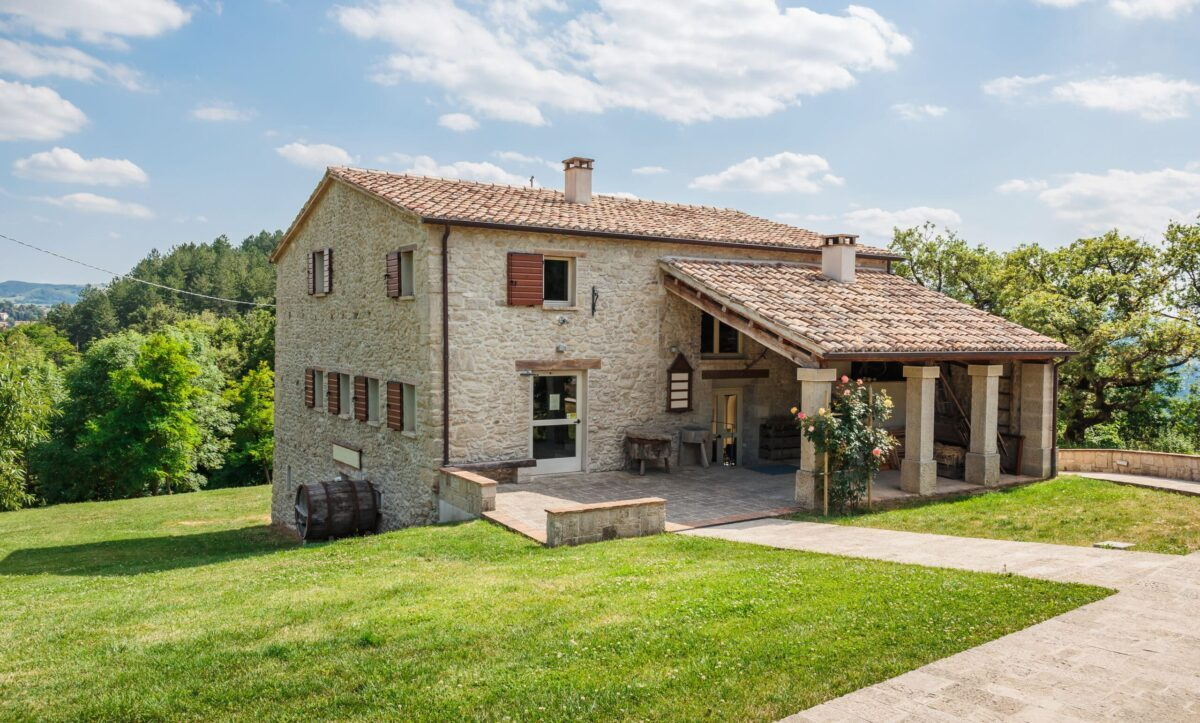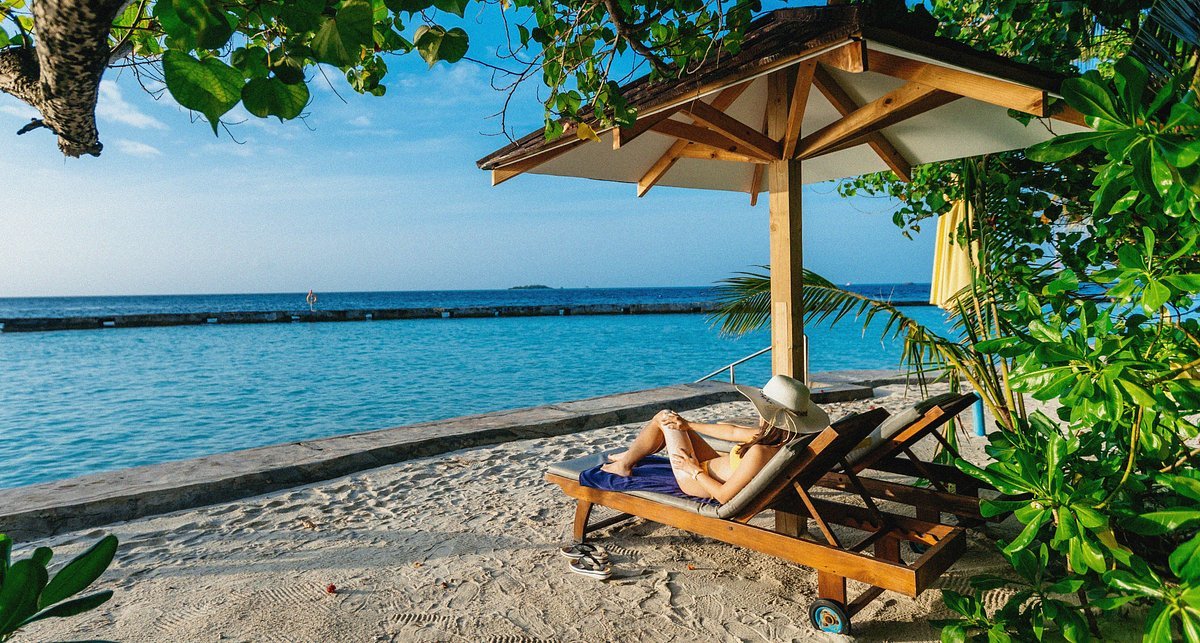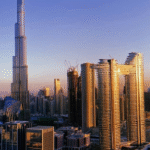Now Reading: Moved for Residency? 7 Big Steps You Can’t Miss
-
01
Moved for Residency? 7 Big Steps You Can’t Miss
Moved for Residency? 7 Big Steps You Can’t Miss

Table of Contents
Buying a home is a major milestone—especially when you’re doing it in a new country to gain residency. While signing the papers and receiving the keys can feel like the end of a long journey, in reality, it’s just the beginning of your new life abroad.
Whether you’re moving for better work opportunities, a peaceful retirement, or simply a change of pace, there are several important steps to take after the purchase. This guide walks you through what to expect and how to prepare, helping you make the move smoother and stress-free.
1. Legal Paperwork and Residency Status

Once you’ve closed the deal on your new home, the next step is ensuring your residency status is finalized. This often involves submitting your property documents to local immigration or residency offices.
Key documents you may need:
- Purchase deed or title
- Proof of funds or income
- Passport and visa (if applicable)
- Local address registration
Some countries require a minimum investment in real estate to qualify for residency, so make sure your purchase meets the threshold. In many cases, you’ll also need to attend an in-person appointment to submit biometrics or complete interviews.
Tip: Hire a local lawyer or immigration consultant to guide you through the process. Rules differ by country and can change quickly.
2. Setting Up Utilities and Services
Once you officially own the property, setting up your utilities becomes a top priority. This may include:
- Water and electricity
- Internet and mobile phone service
- Gas, if applicable
- Waste collection or municipal services
If you’re unfamiliar with local providers, ask your real estate agent or neighbors for recommendations. In some countries, utility setup is fast and digital; in others, you might need to visit offices in person.
3. Furnishing and Renovation

Your new home may be empty or partly furnished. Either way, now is the time to make it truly yours. Consider:
- Shipping personal belongings from your home country
- Buying new furniture locally
- Small renovations or upgrades
- Ensuring the property is weather-ready
Also, think about cultural preferences or regulations. In some places, local builders or decorators are required to follow specific codes or use certain materials.
Bonus tip: Use local Facebook groups or expat forums to find recommended contractors or second-hand deals.
4. Banking and Finances
Living in a new country often requires opening a local bank account. This makes it easier to pay for services, receive income, and handle taxes.
You may need:
- Proof of residence
- Tax identification number (TIN)
- Valid passport
- Utility bills or lease agreements
Some countries also require foreign homeowners to register their ownership with the tax office and pay an annual property tax. Make sure you know the deadlines and amounts due to avoid penalties.
5. Learning the Local System
Once settled, you’ll need to learn how things work in your new home. This includes:
- Public transportation options
- How to register for healthcare
- Getting a local driver’s license
- Understanding the local tax system
In many countries, residency status opens doors to public services like healthcare or schools. However, you may need to register or apply separately for access.
6. Building a Community
Social integration is one of the most important and rewarding steps after relocating. Try to:
- Attend local events or festivals
- Join expat or interest-based groups
- Learn the local language, if different
- Volunteer or get involved in community projects
Being part of a community not only helps emotionally but also helps you understand the culture, local news, and regulations that might impact your stay.
7. Safety and Security Measures
Every new place has its own security considerations. It’s wise to:
- Change the locks after buying
- Install a security system or cameras
- Learn emergency numbers and locations (police, hospital, etc.)
- Get insurance for your property and contents
Insurance is especially important in areas prone to floods, earthquakes, or other natural disasters.
8. Long-Term Planning
Are you planning to stay permanently or for a few years? Your future plans will shape your decisions today. Think about:
- Path to permanent residency or citizenship
- Retirement benefits and healthcare access
- Education options for children
- How to bring other family members
Make sure you understand visa renewal timelines and permanent residency rules. Some countries also require you to live in the property for a certain number of days each year to maintain your status.
Final Thoughts
Moving for residency after buying a home is exciting but can feel overwhelming. By taking care of your legal documents, settling into the local system, and connecting with your new community, you’ll be well on your way to making your new country feel like home.
Pro Tip: Keep a checklist and timeline for each task. Many expats find that staying organized reduces stress and helps them feel more in control.
Read More:- Deyaar’s Latest Announcement Shakes Up the UAE Property Market






















